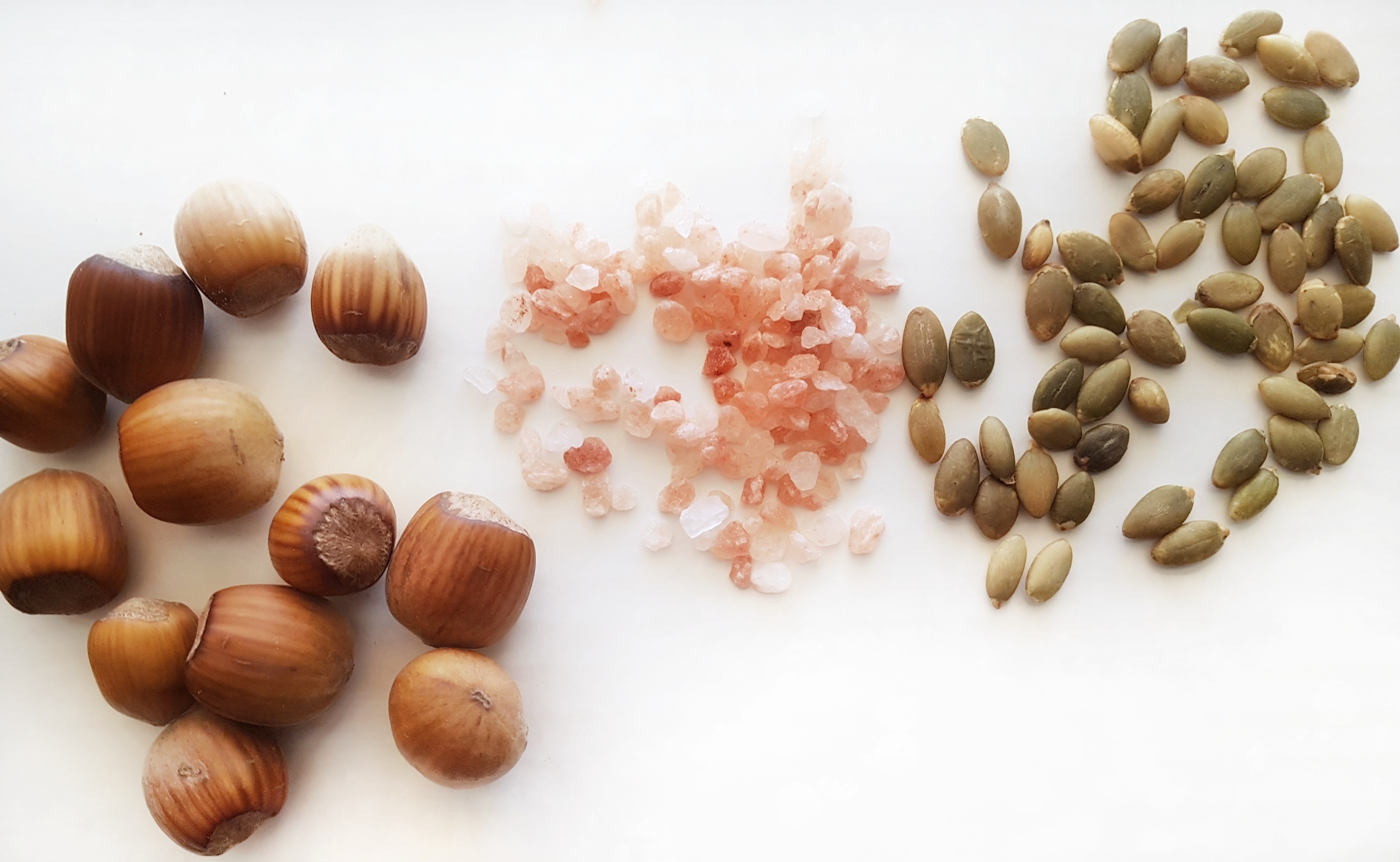Best And Worst Foods For Your Gut Microbiome
29. Hydrochloric Acid (Stomach Acid) – The First Line of Defense

Often misunderstood, adequate stomach acid is your gut's crucial first line of defense. It's essential for breaking down food, particularly proteins, and for killing harmful bacteria and pathogens before they reach the delicate lower gut. Low stomach acid can lead to undigested food fermenting, causing bloating, gas, and an environment where bad bacteria can thrive. Supporting healthy stomach acid levels, perhaps with apple cider vinegar or digestive bitters before meals, is a fundamental yet often overlooked aspect of gut health.
30. Trace Minerals (e.g., Zinc, Selenium) – Microbial Support Crew

While fiber and probiotics get the spotlight, trace minerals are unsung heroes for gut health. Zinc is critical for maintaining the integrity of the gut lining, helping to prevent "leaky gut." Selenium supports antioxidant enzymes that protect gut cells from damage. Magnesium, often deficient, aids in muscle contraction throughout the digestive tract, preventing constipation. Ensuring adequate intake of these micronutrients, often found in nuts, seeds, and leafy greens, provides the essential scaffolding for a thriving, resilient gut ecosystem.
